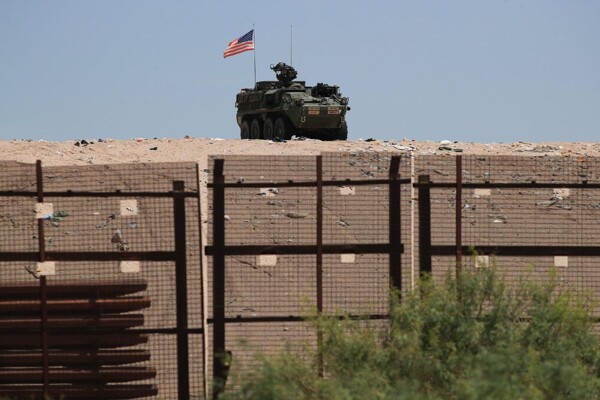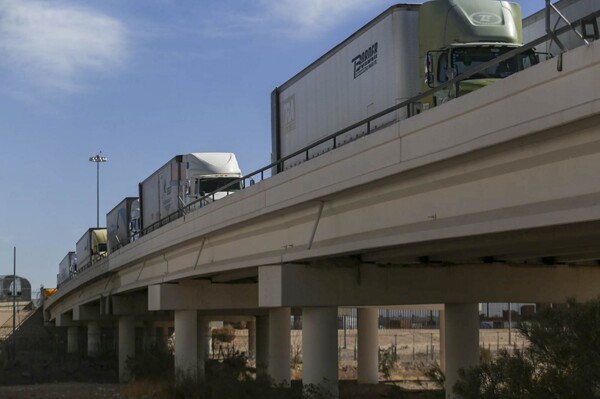The occupation of shelters for migrants in Ciudad Juárez, on the northern border of Mexico, has decreased significantly with the return of Donald Trump to the U.S. government and the implementation of new immigration restrictions. The tightening of immigration policies in the border region has led to a drastic reduction in the number of people seeking to cross the border, resulting in low occupancy of the shelters in the area.
According to Elmael Martínez, in charge of the Pan de Vida shelter, the behavior of migrants trying to cross into the United States has decreased by 5% due to the restrictions imposed by both governments. Martínez highlighted that most of the migrants who have remained in Ciudad Juárez have chosen to settle in Mexico, forming families and finding employment in the country.
Ernesto Alexander Vasconcelos, a Venezuelan national Mexican lawyer and representative of the migrant community in the region, warned about the risks faced by people stranded at the northern border of Mexico. Vasconcelos mentioned concerns for the physical security of immigrants as they are exposed to criminal groups dedicated to human trafficking and organized crime.
The lack of a clear policy from the Mexican government exacerbates the situation of migrants seeking to regularize their status. Vasconcelos pointed out that the National Migration Institute is limited in its ability to assist the number of immigrants in the region. In addition, with recent deportations from the United States, the problem of family separation has intensified, leaving minors alone or separated from their parents.
Criticism has also been directed at Mexico's immigration policy, which has chosen to relocate migrants in the south of the country instead of deporting them to their home countries. In this uncertain panorama, thousands of migrants remain in vulnerable situations at the shared border between both countries, while immigration policies tighten and support capabilities are limited.
Despite the pressure from the United States, Mexico has deployed 10,000 National Guard troops to the northern border to combat illegal drug and human trafficking, as part of an agreement with Trump to avoid tariffs. Meanwhile, operations are being carried out at the southern border to secure undocumented individuals, keeping the future of migrants in the region in suspense.














